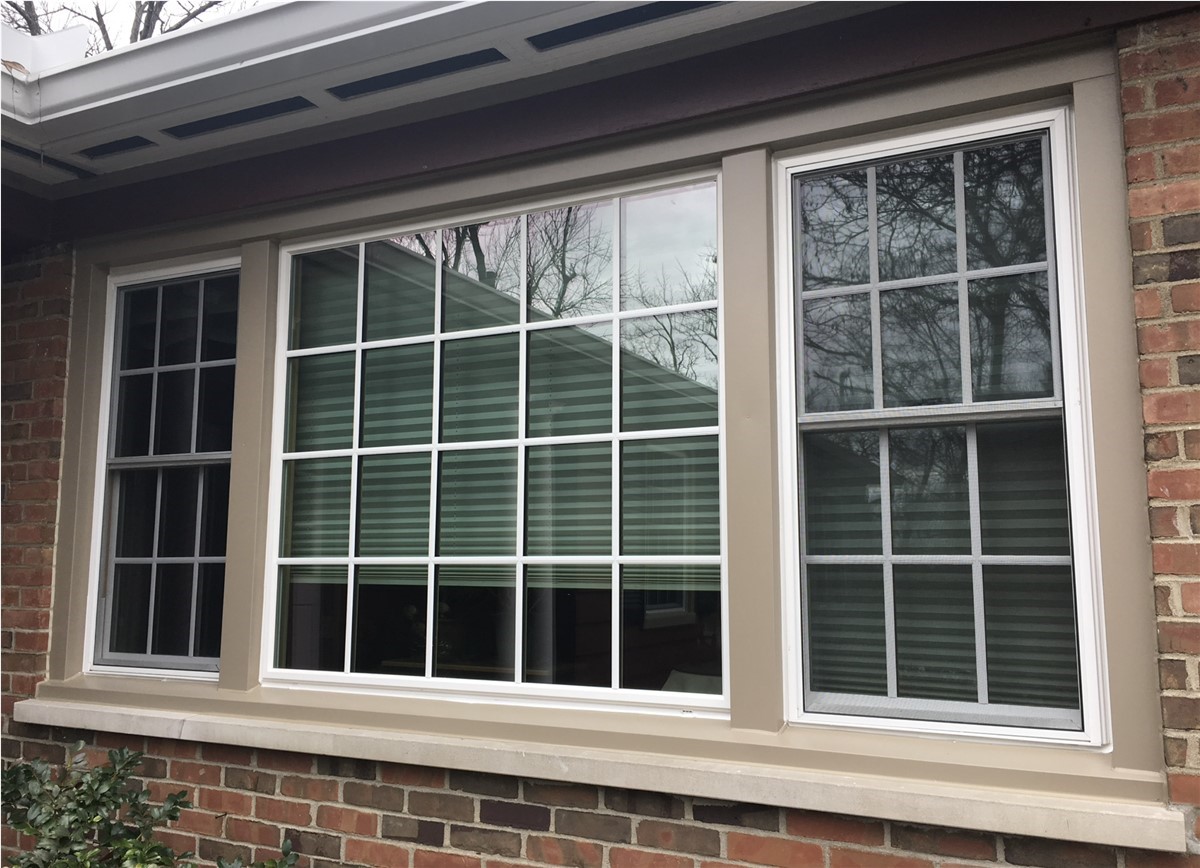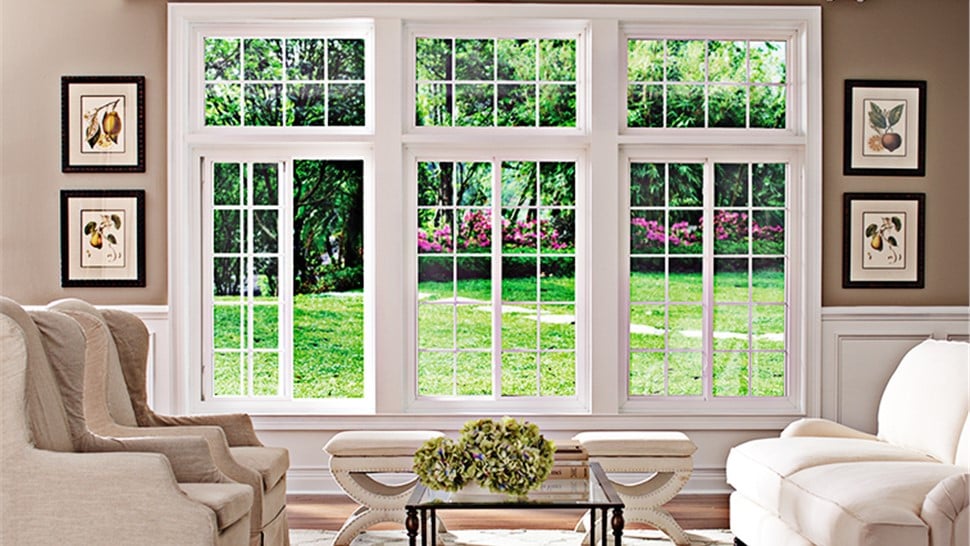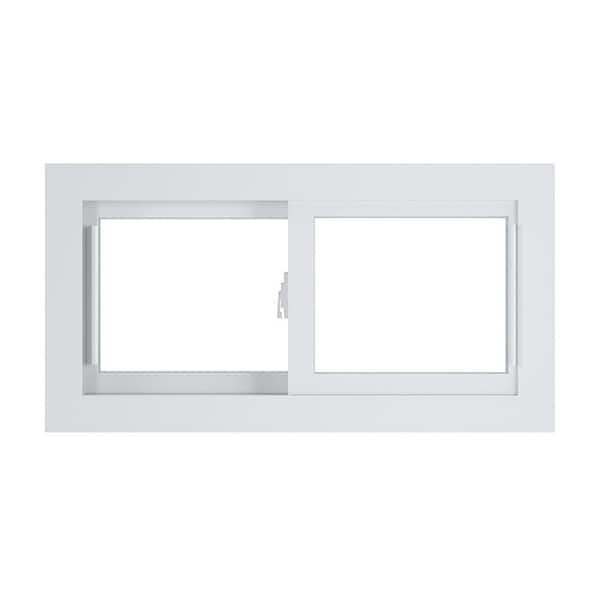Conroe Window Replacement Specialists for Seamless Installations
Conroe Window Replacement Specialists for Seamless Installations
Blog Article
Upgrade Your Home With Energy-Efficient Home Window Replacements
In the world of home enhancement, the decision to update to energy-efficient window substitutes can considerably influence both the performance and visual appeals of a residence. Beyond the surface degree of simple aesthetics, energy-efficient home windows provide a multitude of advantages that go past mere aesthetic appeal.
Benefits of Energy-Efficient Windows

The setup of energy-efficient home windows provides significant savings on energy costs while enhancing environmental sustainability. Energy-efficient windows are designed to reduce warmth loss and gain, decreasing the requirement for heating and cooling systems to burn the midnight oil. By effectively protecting the home, these home windows aid maintain a comfy interior temperature year-round, causing reduced energy intake and reduced utility prices. Additionally, energy-efficient home windows can assist control wetness levels within the home, lowering the risk of mold and mildew and mildew development.
Beyond the financial benefits, energy-efficient home windows add to ecological sustainability by reducing carbon emissions linked with energy production. Overall, investing in energy-efficient home windows not only boosts the convenience and performance of a home however also lines up with environmentally mindful methods.
Sorts Of Energy-Efficient Glass
Numerous sophisticated types of energy-efficient glass offer unique properties that provide to various demands and choices in enhancing the sustainability and performance of buildings. Triple-pane glass, consisting of three layers of glass with protecting gas in between them, gives enhanced thermal insulation, making it highly energy-efficient. Additionally, self-cleaning glass with an unique coating that breaks down and loosens dust when revealed to sunlight can lower upkeep demands and maintain home windows looking tidy.
Elements to Consider When Choosing
When contemplating energy-efficient window substitutes, it is important to very carefully evaluate particular factors that line up with your sustainability goals and desired energy cost savings. The U-factor actions exactly how well the window protects, with lower numbers indicating far better insulation, while the SHGC shows the home window's capacity to obstruct warm from sunlight. By thoroughly evaluating these elements, you can choose energy-efficient windows that improve convenience, decrease power prices, and profit the setting.
Installation and Upkeep Tips

Regular maintenance is vital to preserving the efficiency vertical sash window of your energy-efficient windows. Evaluate the windows periodically for any type of indicators of wear, damage, or sealer deterioration. Clean the frameworks, tracks, and glass consistently making use of light soap and water to eliminate dust and gunk that can influence performance. Check the weather-stripping and seals for any kind of splits or gaps and replace them if required to keep the home windows' energy efficiency.
Additionally, lube relocating components such as locks and joints to ensure smooth operation. By complying with these installment and maintenance pointers, you can improve the energy effectiveness of your home and extend the life expectancy of your energy-efficient windows.
Cost-Benefit Evaluation of Updating

Energy-efficient home windows are designed to decrease heat transfer, decreasing the requirement for heating and cooling systems to burn the midnight oil. This can result in considerable savings on energy costs, particularly in areas with extreme temperatures. Furthermore, energy-efficient home installing new windows in old house windows can enhance the general value of your home, making it a lot more attractive to possible buyers if you make a decision to market in the future.
When calculating the cost-benefit analysis, aspect in the possible savings on power costs, any available incentives or discounts, and the life expectancy of the windows. While the initial cost may be higher, the long-lasting cost savings and advantages of energy-efficient home windows make them a wise financial investment for house owners seeking to improve their residential or commercial property's click to read energy performance and value.

Conclusion
To conclude, updating to energy-efficient window substitutes supplies various benefits such as decreased energy usage, enhanced convenience, and price financial savings. By picking the appropriate type of energy-efficient glass and taking into consideration variables like frame product and setup, home owners can take full advantage of the efficiency of their windows. Regular upkeep and appropriate installment are crucial for lasting performance. Overall, the cost-benefit evaluation of upgrading to energy-efficient windows shows that the first investment can cause considerable cost savings over time.
When contemplating energy-efficient home window substitutes, it is vital to thoroughly analyze certain factors that straighten with your sustainability goals and preferred power savings. The U-factor steps exactly how well the home window protects, with lower numbers suggesting much better insulation, while the SHGC shows the window's ability to block warm from sunlight. By carefully evaluating these aspects, you can pick energy-efficient home windows that boost comfort, minimize energy costs, and benefit the setting.
While energy-efficient home windows might have a greater upfront price contrasted to typical home windows, the lasting benefits typically surpass the first financial investment.In conclusion, upgrading to energy-efficient window replacements uses many benefits such as lowered energy usage, enhanced comfort, and expense financial savings.
Report this page